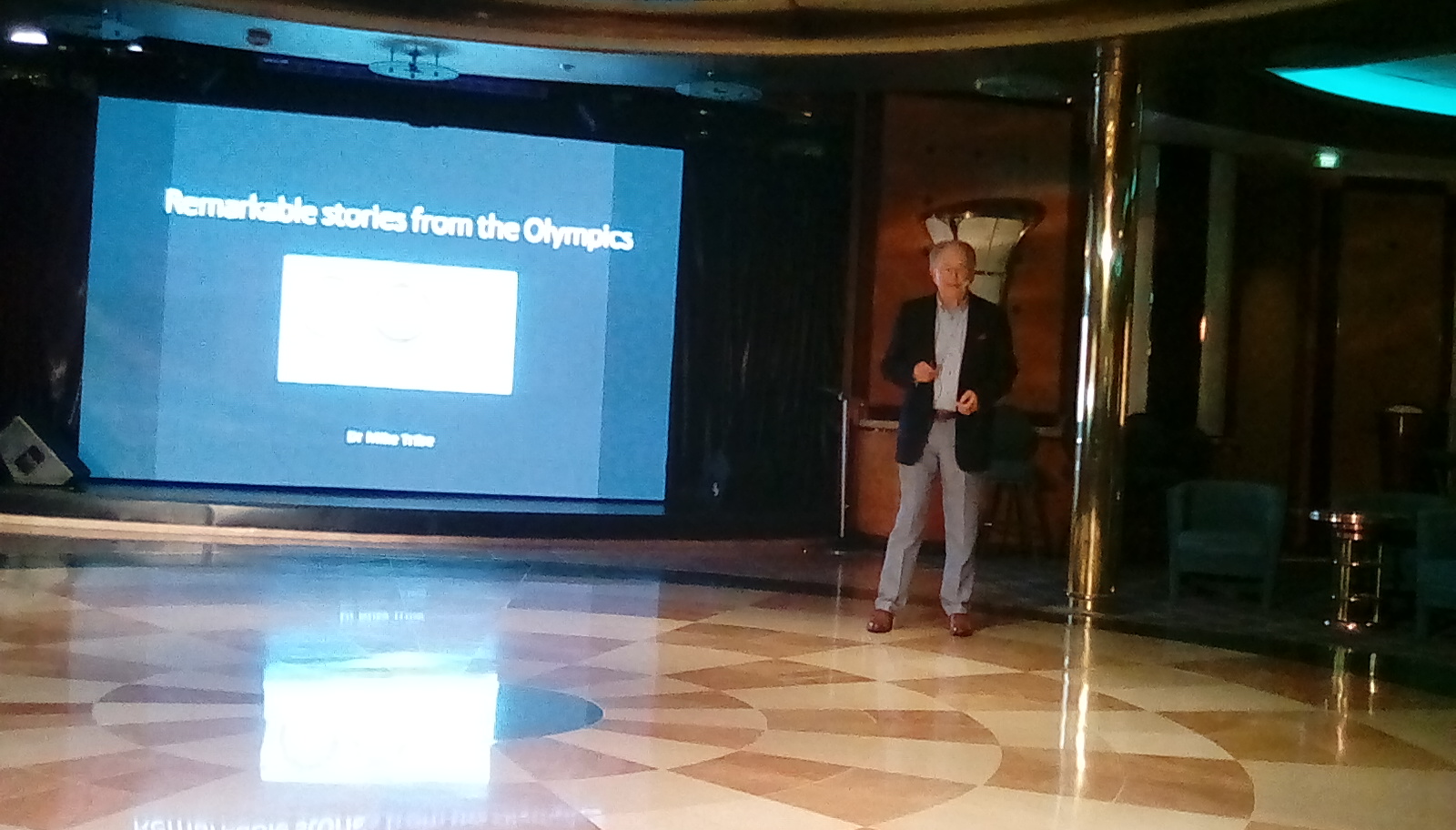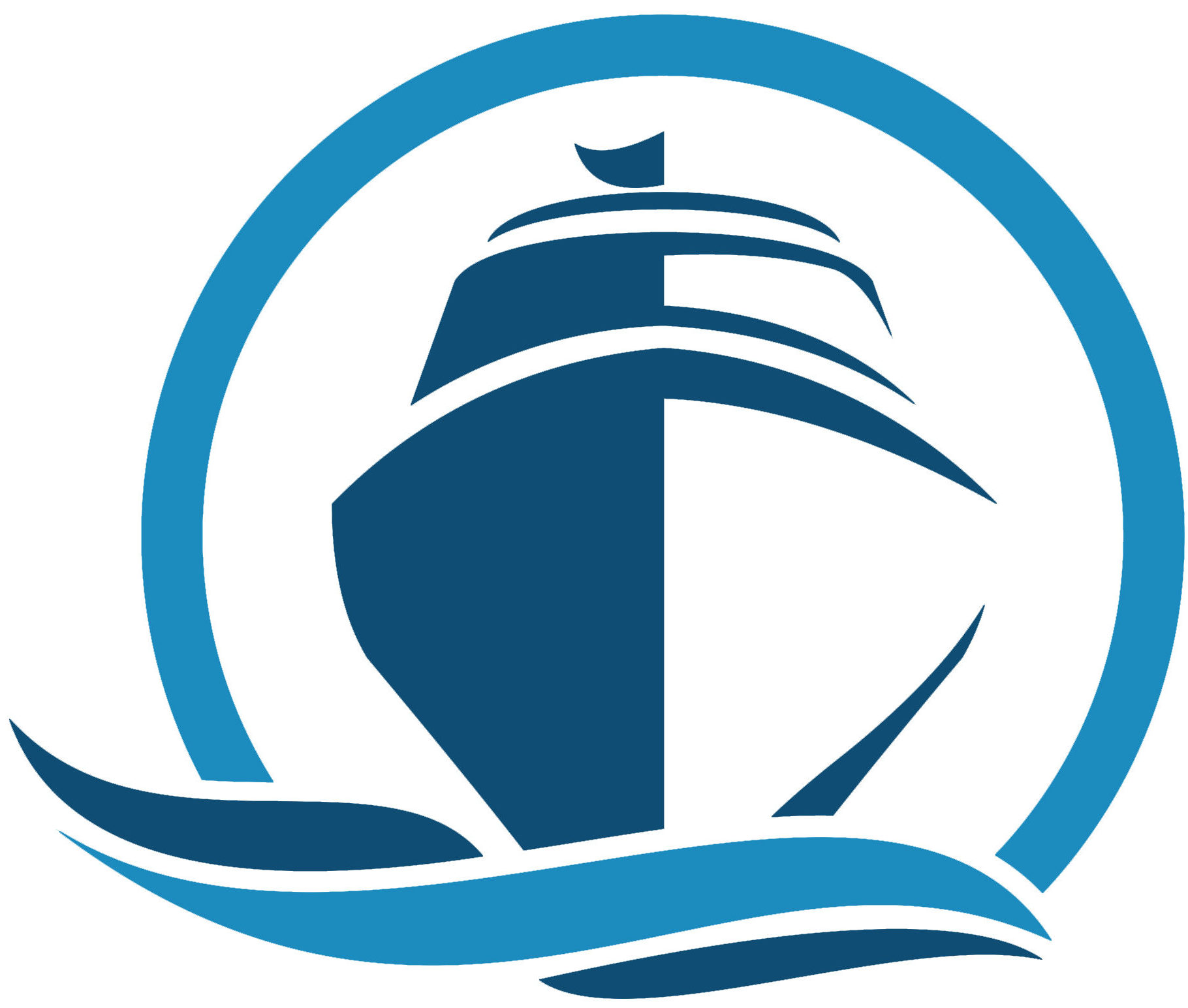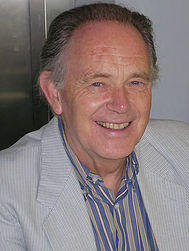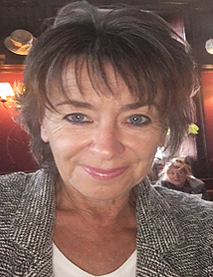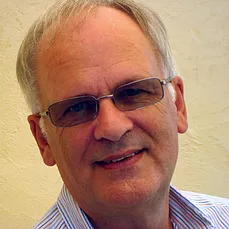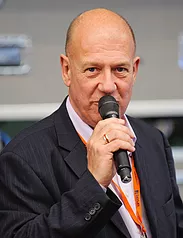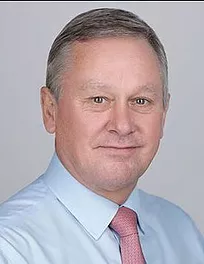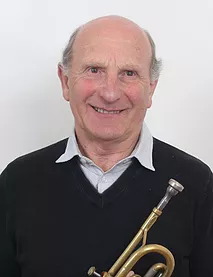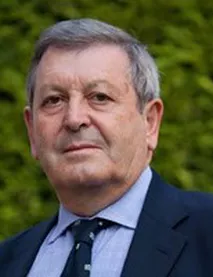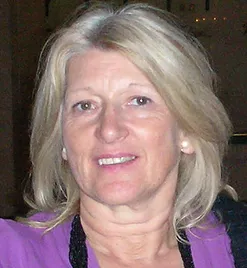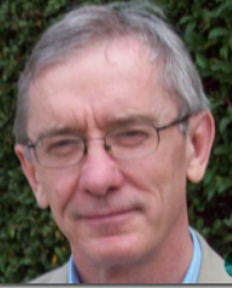Presentation Talks
TALKS FOR BALTIC CRUISES
-
THE NOBEL PRIZES
The Nobel prize is one of the most prestigious awards bestowed. The award ceremony is carried out mainly in Stockholm, but the Peace prize is made in Oslo. Alfred Nobel made his fortune from explosives, yet his philanthropy recognized and rewarded people who have made the ‘greatest contribution to mankind’. In the course of the talk, the speaker also includes anecdotes from Nobel laureates he has known.
-
HAEMOPHILIA, RASPUTIN, FABERGE’S EGGS & THE DEMISE OF THE ROMANOV DYNASTY
The “Royal disease” started with Queen Victoria and affected several European royal families, but none more so than the Russian Romanovs. The Tsar and Tsarina’s only son, Alexei was haemophilic and the only person able to alleviate his symptoms was a Siberian monk & mystic, Rasputin. His influence over the royals and his questionable lifestyle made him many enemies and eventually led to his brutal murder. Also, the autocratic rule and opulent lifestyle of the Tsar, including an Easter gift each year of a Faberge egg from the Tsar to his wife finally led to the Russian Revolution and the deaths of the Romanov family.
-
REMARKABLE STORIES FROM OLYMPICS AROUND THE BALTIC
Scandinavia has had a long tradition of athletics with many famous athletes. This talk deals with fascinating (often amusing) stories and events from the Stockholm (1912), Antwerp (1920), Amsterdam (1928), Helsinki (1952) and Moscow (1980) Games.
-
THE CONTROVERSIAL 1936 BERLIN OLYMPICS – HITLER’S GAMES
Several Olympics were controversial; none more so than Berlin in 1936. The Games were a propaganda exercise for the Nazis with sinister events in the background. Despite this, several extraordinary and amusing stories can be told, including those involving the speaker 30 to 40 years later.
TALKS FOR MEDITERRANEAN CRUISES
-
THE “MEDITERRANEAN DISEASE”
The frequency of “thalassaemias” (the name means ‘anaemias of the sea’) is much higher in Mediterranean populations than others. Why? Malaria has been a major killer for thousands of years with parasite numbers increasing with the rise of agriculture and human settlement. Despite desperate attempts to eradicate malaria, there were still 216 million cases in 2016 with between 450,000-750,000 deaths, mainly in Africa. The talk looks at the ways in which peoples of the Mediterranean and the Middle East have evolved their red blood cells to defend against the malarial parasite (and the price to be paid), comparing them with other mechanisms found in African and Asian populations and why it is so difficult to provide an effective vaccine.
-
HAEMOPHILIA AND THE SPANISH ROYAL FAMILY
The “Royal disease” started with Queen Victoria and affected several European royal families. Prince Leopold, Queen Victoria’s son died from haemophilia and two of her daughters were carriers like their mother, passing the disease to the Russian and Spanish royal families. Whilst the Russian story of the Tsar’s only son, Alexei, is quite well known. Less is known about the Spanish royal family, where the disease played a role in the origin of the Spanish Civil War.
-
THE ANCIENT OLYMPICS
The ancient Olympics started in 776BC at Olympia, Greece. At that time Greece was made up of small kingdoms, constantly fighting one another. Eventually, a truce was made every four years so that the best athletes from each kingdom could compete against each other. The Games were very different from the modern ones and were also a religious festival dedicated to Zeus, the King of Greek gods. Evidence at times is patchy for what took place and who started the Games, often confused by myth and legend, but there are some amusing stories. In 146AD the Romans took over the Games, but as Christianity began to flourish the Games were banned as a pagan cult and finished in 426AD with the temple of Zeus burnt to the ground.
-
THE 1896 AND 2004 ATHENS OLYMPICS
The modern Olympic ideal was started by Baron de Coubertin in 1896 and the first Games hosted in Athens. It is interesting and often amusing to compare these first Olympics with those of 2004. Coubertin’s ideal of athletes meeting every four years from all over the world to promote peace and understanding between nations, as well as taking part for the joy of sport, has just about stood the test of time!
-
THE 1960 ROME OLYMPICS
Unfortunately, the speaker did not qualify for the Rome Olympics, but had friends who did. There are many interesting stories to tell incorporating those athletes I knew, such as Peter Radford, David Jones, Laurie Reid, Dave Chapman and Herb Elliott.
Photo of Mike onboard
